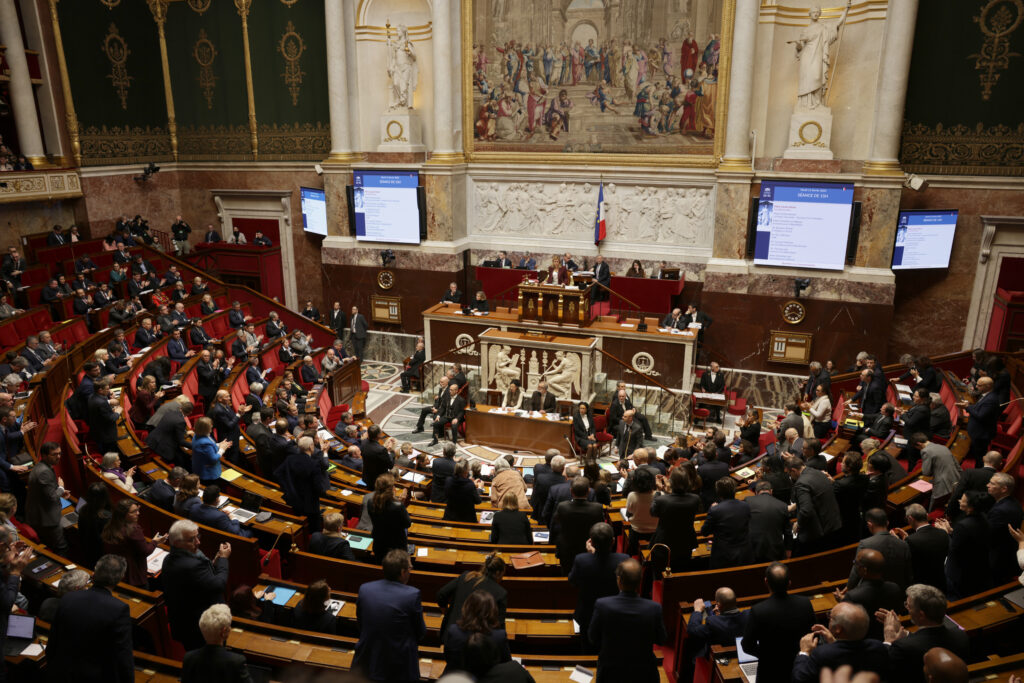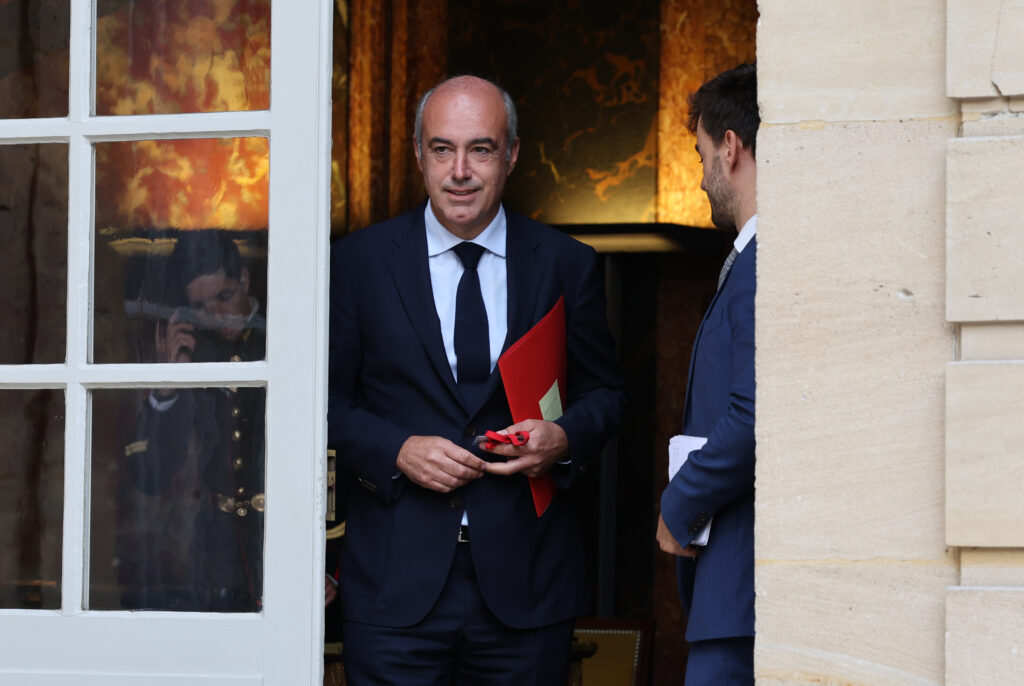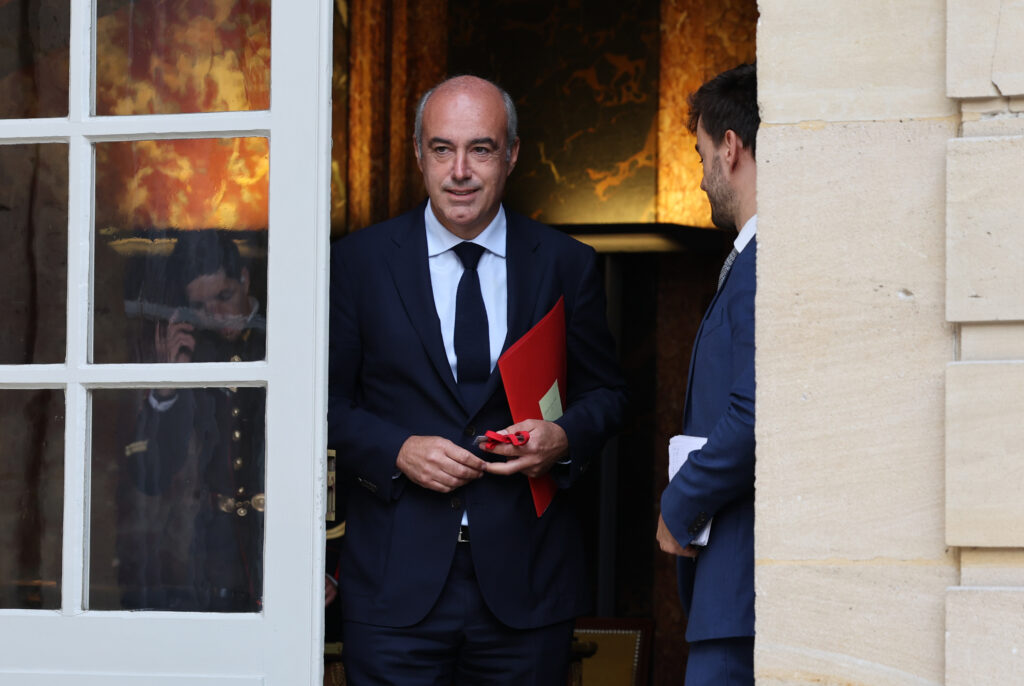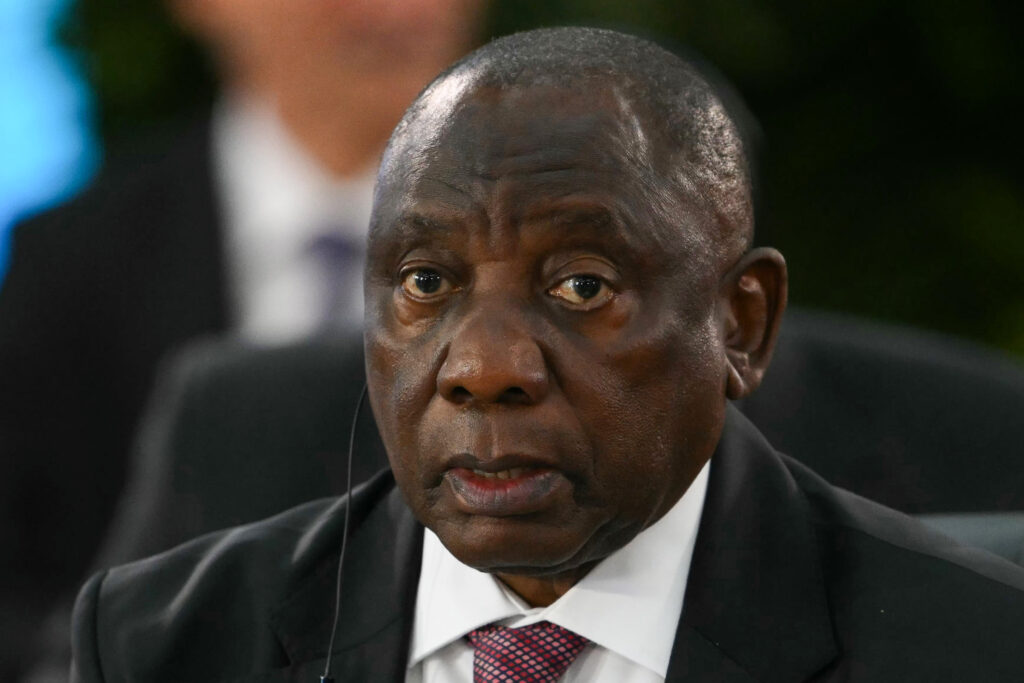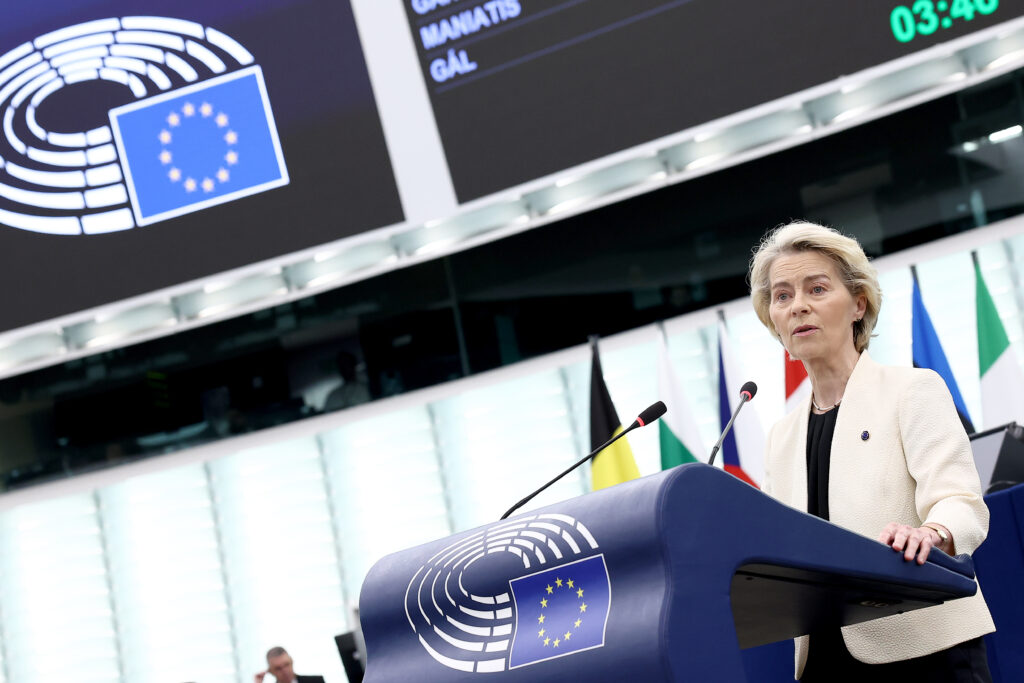Le Parlement français autorise la restitution du tambour parleur à la Côte d’Ivoire
Volé il y a plus d’un siècle par la France, le tambour parleur Djidji Ayôkwé s’apprête à retrouver la Côte d’Ivoire. La Parlement a autorisé lundi cette restitution, six ans après la demande officielle d’Abidjan.Mesurant trois mètres de long et pesant 430 kg, cet instrument sacré servait à transmettre des messages rituels et à alerter les villageois, par exemple lors des opérations de recrutement forcé ou d’enrôlement militaire. Saisi en 1916 par les autorités coloniales auprès de l’ethnie ébrié, il avait été envoyé en France en 1929, exposé au musée du Trocadéro puis à celui du quai Branly. Restauré en 2022, il est aujourd’hui conservé, dans l’attente de son retour.Sa restitution répond à un engagement pris par Emmanuel Macron en 2021.La proposition de loi adoptée à l’unanimité à l’Assemblée nationale, comme elle l’avait été au Sénat fin avril, doit permettre de “déclasser” ce bien culturel, en dérogeant au principe d’inaliénabilité des collections publiques.La Côte d’Ivoire avait officiellement formulé sa demande en 2019. “Mais les communautés locales le réclament depuis l’indépendance”, souligne Serge Alain Nhiang’O, fondateur de l’association Ivoire Black History Month, à Abidjan. C’est le premier objet d’une liste de 148 œuvres dont la Côte d’Ivoire a demandé la restitution à la France, et son retour “pourrait devenir un symbole très fort”, dit-il.Du côté français, cette restitution est perçue comme un acte de reconnaissance. “Le retour du tambour contribuera à la réparation d’une extorsion commise à l’époque coloniale, le témoin de notre prise de conscience”, a affirmé le député Bertrand Sorre (Renaissance), rapporteur du texte.Mais il met aussi en lumière la lenteur du processus français. À ce jour, seules 27 œuvres ont été officiellement restituées à des pays africains depuis une loi votée en décembre 2020, qui a permis le retour des 26 trésors d’Abomey au Bénin et du sabre d’El Hadj Omar au Sénégal.- “A la traîne” -Considérée comme pionnière, la France apparaît à présent à “la traîne” par rapport à d’autres pays occidentaux, estime l’anthropologue Saskia Cousin, professeure à l’université de Nanterre, citant par exemple l’Allemagne, qui a enclenché un vrai travail d’inventaire des œuvres dans les musées, contrairement à la France, où “il y a clairement une rétention d’informations”.En outre, les rapatriements se font au compte-gouttes, en l’absence d’une loi-cadre promise par le chef de l’Etat et devenue un “serpent de mer”, explique Mme Cousin. Elle permettrait d’éviter un texte spécifique à chaque restitution.En 2023, la France a adopté deux lois-cadres: l’une pour restituer les biens spoliés aux familles juives entre 1933 et 1945, l’autre pour encadrer le retour des restes humains issus des collections publiques. Mais la troisième loi, annoncée pour les objets pillés pendant la colonisation, n’a toujours pas vu le jour.”Je sais que l’essentiel des attentes se porte aujourd’hui vers la loi cadre”, a déclaré, à la tribune, la ministre de la Culture Rachida Dati, affirmant que le gouvernement présentera ce texte “d’ici la fin du mois de juillet”, avec un examen en première lecture au Parlement “dès l’automne”.Mme Dati, qui avait déclaré en mars ne pas souhaiter que ce texte serve de “repentance idéologique”, a redit lundi vouloir éviter “toute instrumentalisation des débats”.A la tribune, des députés de gauche ont au contraire appelé la France à ouvrir grand la porte sur son passé colonial. “La domination ne s’efface pas avec le temps, et elle se perpétue tant qu’elle n’est pas reconnue, réparée”, a déclaré l’écologiste Sabrina Sebaihi.”Tout ce qui a été pillé et volé doit être restitué comme autant de preuves tangibles que la France sait regarder son passé en face”, a-t-elle ajouté. Le député Les Républicains Sébastien Martin, tout en appelant de ses voeux la restitution du tambour, a rappelé l’attachement de son groupe à ce que la “France demeure un carrefour universel de la culture”, avec des musées comme le Quai Branly ou le Louvre, où “le patrimoine mondial est rendu visible au plus grand nombre, où il est protégé et transmis”.
